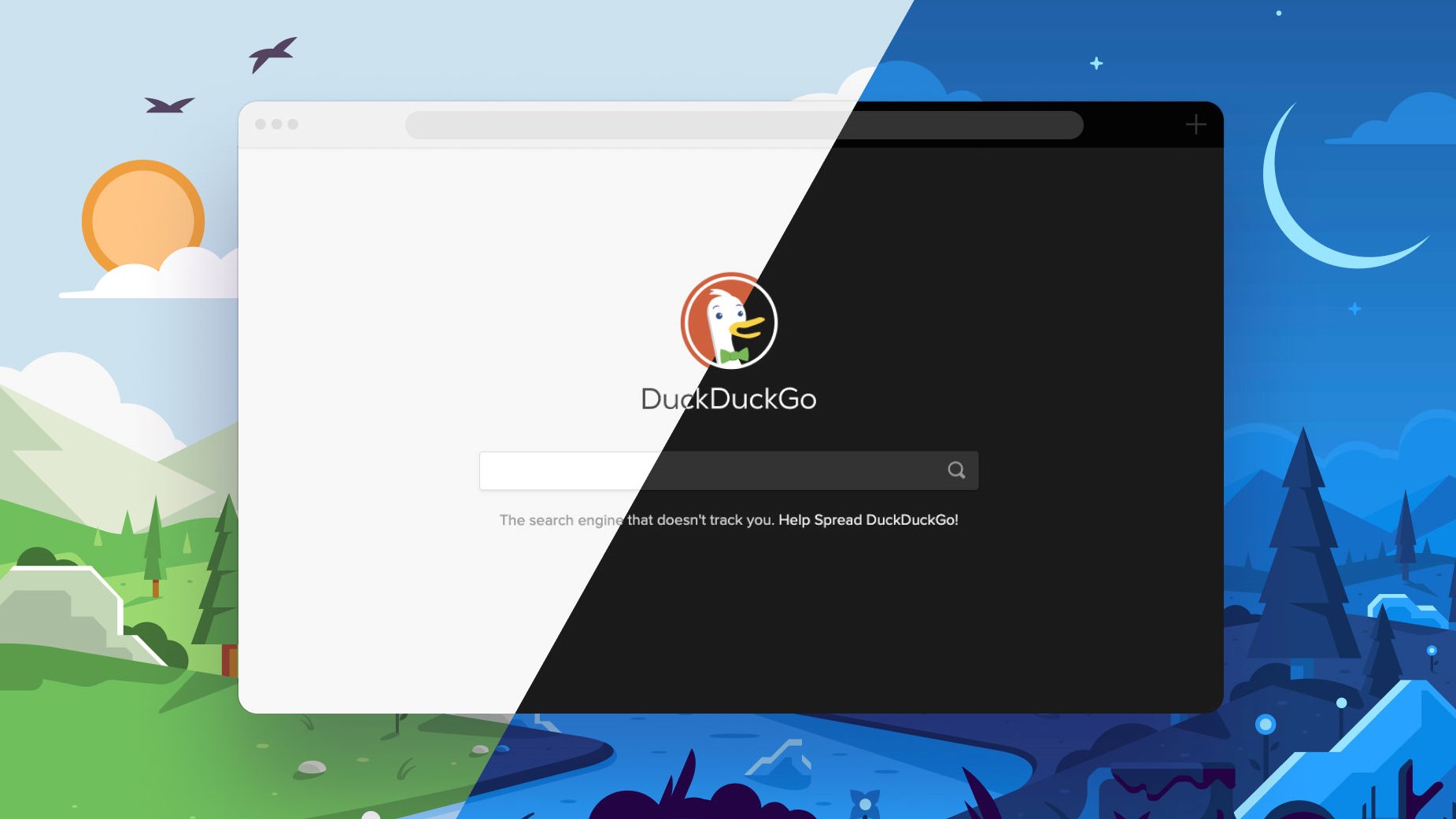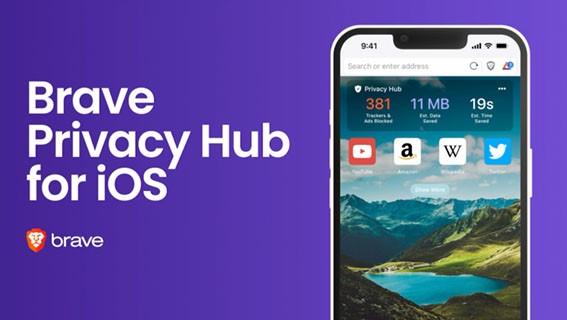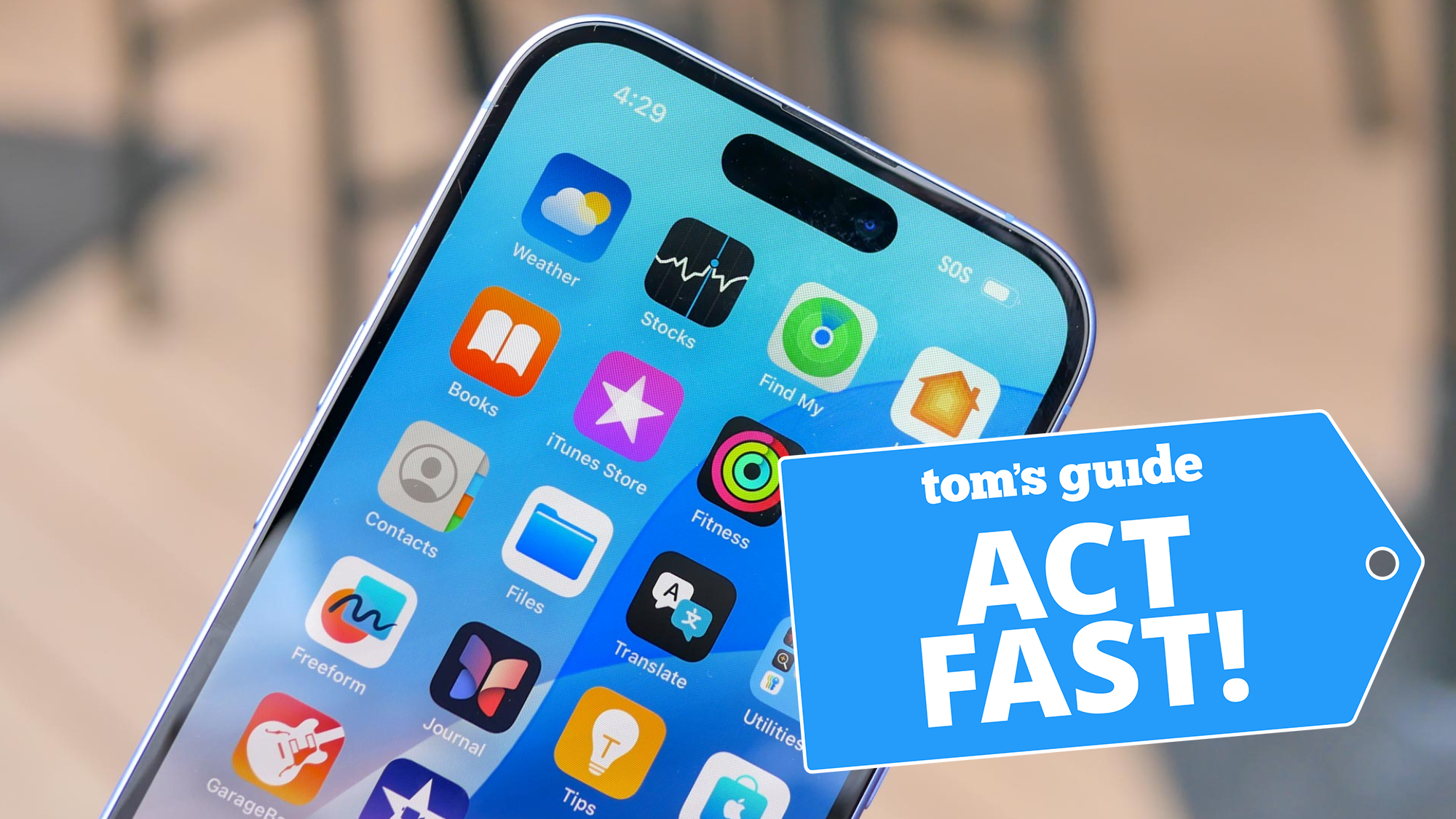DuckDuckGo browser is not as private as you think — here's why
Security audit has revealed that Microsoft trackers are present in DuckDuckGo’s mobile browser

Update: Anyone can sign up for DuckDuckGo’s email privacy service — here’s how.
DuckDuckGo is taking flak online after a security researcher discovered its mobile browser allows Microsoft trackers on third-party sites.
In addition to its privacy-focused search engine, the company also makes a mobile browser for Android and iOS that features HTTPS-always encryption, third-party cookie blocking and tracker blocking.
According to BleepingComputer, security researcher Zach Edwards discovered that DuckDuckGo’s mobile browser allows Microsoft trackers while blocking those from Google and Facebook. Additional tests revealed that the company’s mobile browser allows trackers from both Bing and LinkedIn while blocking trackers from other sites.
Reader Offer: Save 68% on Aura identity theft protection
Aura provides everything you need to protect your identity, data and devices online with malware protection, a password manager and a VPN all included. Tom's Guide readers can save up to 68% when they sign up.
Preferred partner (What does this mean?)
Private search but less private browsing

DuckDuckGo founder and CEO Gabriel Weinberg responded to Edwards’ thread on Twitter by confirming that its browser only allows Microsoft trackers on third-party sites due to a search syndication agreement with the software giant. Weinberg provided further details on the matter in a tweet, saying:
“For non-search tracker blocking (e.g. in our browser), we block most third-party trackers. Unfortunately our Microsoft search syndication agreement prevents us from doing more to Microsoft-owned properties. However, we have been continually pushing and expect to be doing more soon.”
While DuckDuckGo’s mobile browser allows trackers from Microsoft, the same can’t be said about its search engine, which makes money from private ads based on search results pages viewed by its users.
Sign up to get the BEST of Tom's Guide direct to your inbox.
Get instant access to breaking news, the hottest reviews, great deals and helpful tips.
The news that its mobile browser features trackers from Microsoft comes at an especially bad time for DuckDuckGo, as the company recently called out Google over its new Topics and FLEDGE tracking methods in a recent tweet. The company also suggested that users install its Privacy Essentials Chrome extension to block Topics and Fledge when using Google Chrome, as DuckDuckGo’s desktop browser is currently only available for Mac.
Modified search syndication agreement
Weinberg reached out to BleepingComputer and explained in a statement to the publication that DuckDuckGo still provides “significantly more privacy protection” than Safari, Firefox and other browsers.
To fix the issue regarding Microsoft’s trackers in its mobile browser, the company is working with the software giant in an attempt to modify its search syndication agreement. At the same time, DuckDuckGo plans to update its app store descriptions to be more transparent about the use of Microsoft trackers for third-party sites.
DuckDuckGo Privacy Browser alternatives worth considering

If you want a private browser for Android and iOS but are put off by DuckDuckGo allowing Microsoft trackers in its mobile browser, there are several other alternatives worth considering among the best Android browsers.
Mozilla Firefox for mobile can block more than 2000 trackers and its default private browsing mode deletes your history and cookies automatically after you close all windows. It can also sync your passwords, tabs, history and bookmarks across devices.
Brave is another privacy-focused browser which is capable of blocking trackers and unnecessary ads while enabling anonymous browsing using Tor. However, you can also earn rewards by watching Brave’s privacy-respecting ads.
If DuckDuckGo has become your search engine of choice, it’s worth remembering that you can use the company’s private search engine on any browser as it isn’t limited to DuckDuckGo Private Browser.

Anthony Spadafora is the managing editor for security and home office furniture at Tom’s Guide where he covers everything from data breaches to password managers and the best way to cover your whole home or business with Wi-Fi. He also reviews standing desks, office chairs and other home office accessories with a penchant for building desk setups. Before joining the team, Anthony wrote for ITProPortal while living in Korea and later for TechRadar Pro after moving back to the US. Based in Houston, Texas, when he’s not writing Anthony can be found tinkering with PCs and game consoles, managing cables and upgrading his smart home.

